The biggest game of the year is here! The Eagles and Chiefs are facing off once again for the Lombardi Trophy. If you're a sports fan, chances are you're either hosting or attending a Super Bowl party. With most gatherings packed with appetizers, snacks, and drinks, we’ve got you covered with five macro-friendly Super Bowl appetizers that are easy to prepare and delicious to enjoy!
1. Buffalo Cauliflower Bites (High Protein, Low Carb)
Macros (per serving, ~1 cup):
- Calories: ~120
- Protein: ~8g
- Carbs: ~12g
- Fat: ~4g
Ingredients:
- 1 head cauliflower, cut into bite-sized pieces
- ½ cup plain Greek yogurt
- ½ cup hot sauce (like Frank’s Red Hot)
- 1 tsp garlic powder
- 1 tsp smoked paprika
- ½ tsp salt
- ¼ cup almond flour (optional, for extra crisp)
Instructions:
- Preheat oven to 425°F (220°C). Line a baking sheet with parchment paper.
- In a bowl, whisk together Greek yogurt, hot sauce, garlic powder, paprika, and salt.
- Toss cauliflower in the sauce until evenly coated.
- Spread cauliflower on the baking sheet and bake for 20-25 minutes, flipping halfway.
- Serve with a side of light ranch or Greek yogurt dip.
2. Turkey & Avocado Lettuce Wraps (High Protein, Low Carb)
Macros (per wrap, using 3oz turkey):
- Calories: ~180
- Protein: ~22g
- Carbs: ~5g
- Fat: ~7g
Ingredients:
- 1 lb lean ground turkey (93% lean or higher)
- 1 tbsp olive oil
- 1 tsp garlic powder
- ½ tsp chili powder
- ½ tsp black pepper
- ¼ tsp salt
- 1 small avocado, mashed
- 8 large lettuce leaves (Romaine or Butter lettuce)
- ½ cup diced tomatoes (optional)
- ¼ cup non-fat Greek yogurt (for topping)
Instructions:
- Heat olive oil in a pan over medium heat. Add ground turkey and cook until browned.
- Season with garlic powder, chili powder, black pepper, and salt. Stir well.
- Spoon turkey mixture into lettuce leaves.
- Top with mashed avocado, diced tomatoes, and a small dollop of Greek yogurt.
- Serve immediately!
3. High-Protein Spinach & Cheese Dip (Low Carb, High Protein)
Macros (per ¼ cup serving):
- Calories: ~110
- Protein: ~12g
- Carbs: ~4g
- Fat: ~5g
Ingredients:
- 1 cup non-fat Greek yogurt
- ½ cup low-fat cottage cheese
- 1 cup chopped fresh spinach (or frozen, thawed and drained)
- ¼ cup shredded mozzarella cheese
- ¼ cup shredded parmesan cheese
- ½ tsp garlic powder
- ½ tsp onion powder
- ¼ tsp black pepper
- ¼ tsp salt
Instructions:
- Preheat oven to 375°F (190°C).
- In a blender or food processor, blend Greek yogurt and cottage cheese until smooth.
- Stir in spinach, mozzarella, parmesan, garlic powder, onion powder, black pepper, and salt.
- Pour mixture into an oven-safe dish and bake for 15-20 minutes or until bubbly.
- Serve warm with sliced bell peppers, cucumbers, or whole-grain crackers.
4. Air-Fried Chicken Tenders (High Protein, Low Carb)
Macros (per 2 tenders):
- Calories: ~160
- Protein: ~25g
- Carbs: ~6g
- Fat: ~3g
Ingredients:
- 1 lb chicken breast, cut into strips
- ½ cup egg whites
- ¾ cup almond flour (or panko for a crispier texture)
- ½ tsp garlic powder
- ½ tsp smoked paprika
- ½ tsp salt
- ½ tsp black pepper
- Olive oil spray
Instructions:
- Preheat air fryer to 400°F (200°C).
- In one bowl, place egg whites. In another, mix almond flour, garlic powder, paprika, salt, and black pepper.
- Dip each chicken strip into egg whites, then coat with the flour mixture.
- Place in the air fryer basket, spray lightly with olive oil, and cook for 10-12 minutes, flipping halfway.
- Serve with Greek yogurt ranch or sugar-free BBQ sauce.
5. Protein-Packed Deviled Eggs (High Protein, Low Carb)
Macros (per egg half):
- Calories: ~80
- Protein: ~7g
- Carbs: ~1g
- Fat: ~5g
Ingredients:
- 6 hard-boiled eggs
- ¼ cup non-fat Greek yogurt
- 1 tsp Dijon mustard
- ½ tsp garlic powder
- ¼ tsp smoked paprika
- ¼ tsp salt
- ¼ tsp black pepper
- Chopped chives (for garnish)
Instructions:
- Cut hard-boiled eggs in half and remove the yolks.
- In a bowl, mash yolks with Greek yogurt, Dijon mustard, garlic powder, paprika, salt, and pepper.
- Spoon or pipe the mixture back into the egg whites.
- Garnish with chopped chives and extra paprika.
- Chill and serve!
These appetizers will keep your Super Bowl spread delicious and macro-friendly! Which one do you think you'll try? 🏈
Read more

Unlock Your True Strength Potential Hitting a strength plateau can be frustrating, but the good news is, breaking through it is completely possible with the right approach. Whether you’re stuck on...

In the pursuit of a balanced and muscular physique, structuring your workouts effectively is paramount. One of the most efficient training methodologies is the Push-Pull-Legs (PPL) split, which div...

The essentials
Share details of your store's product selection, or share a story that speaks to your customers.

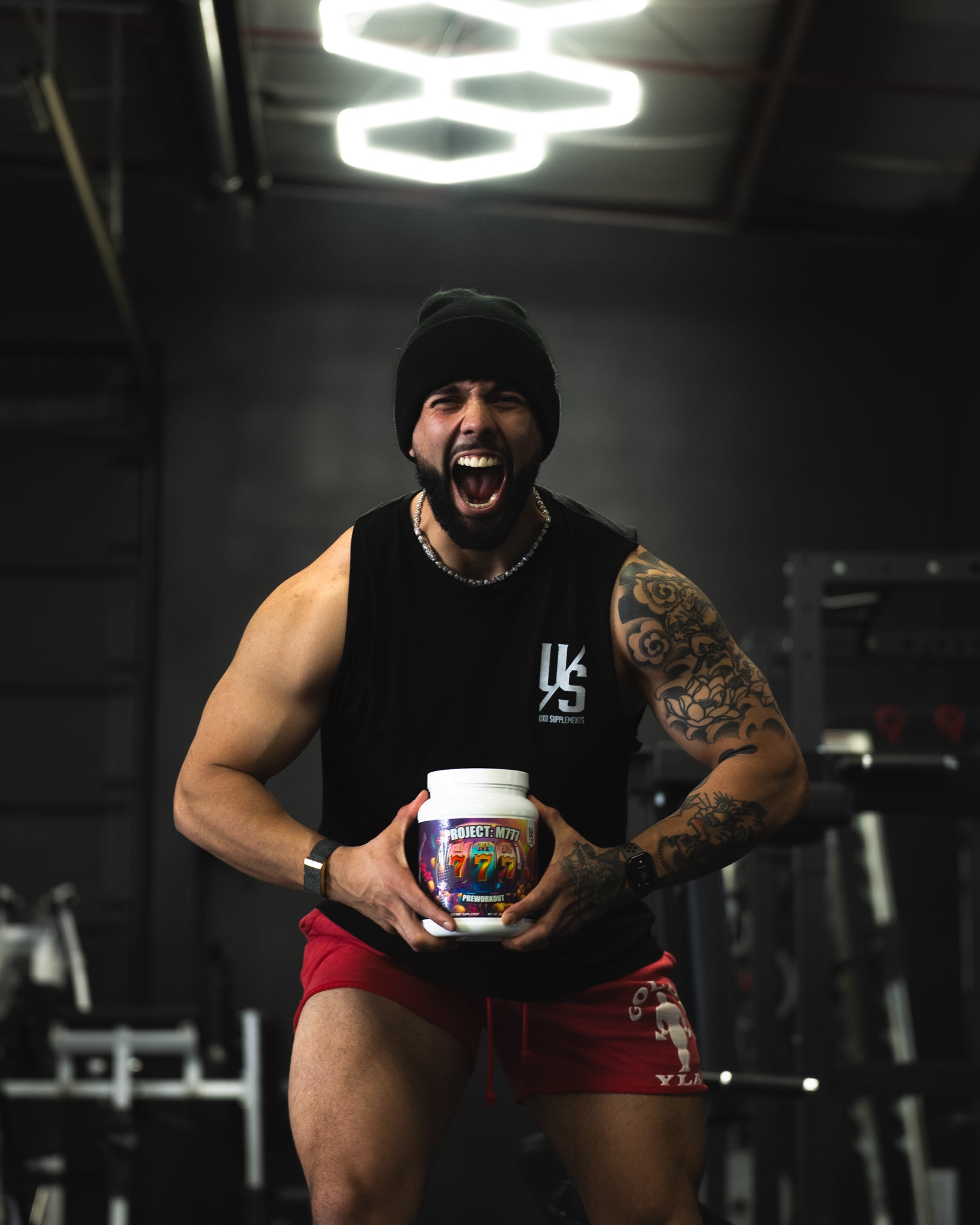




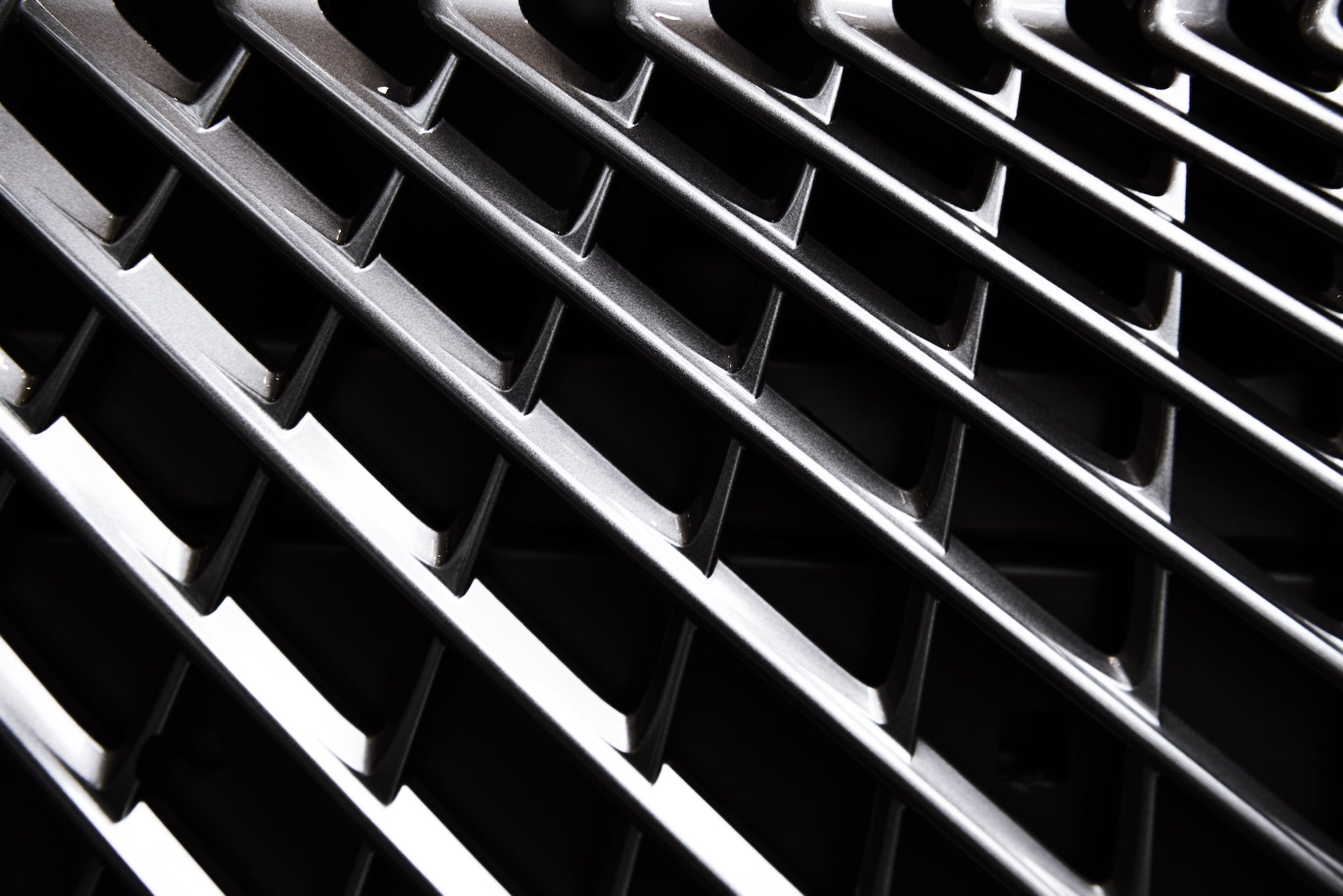

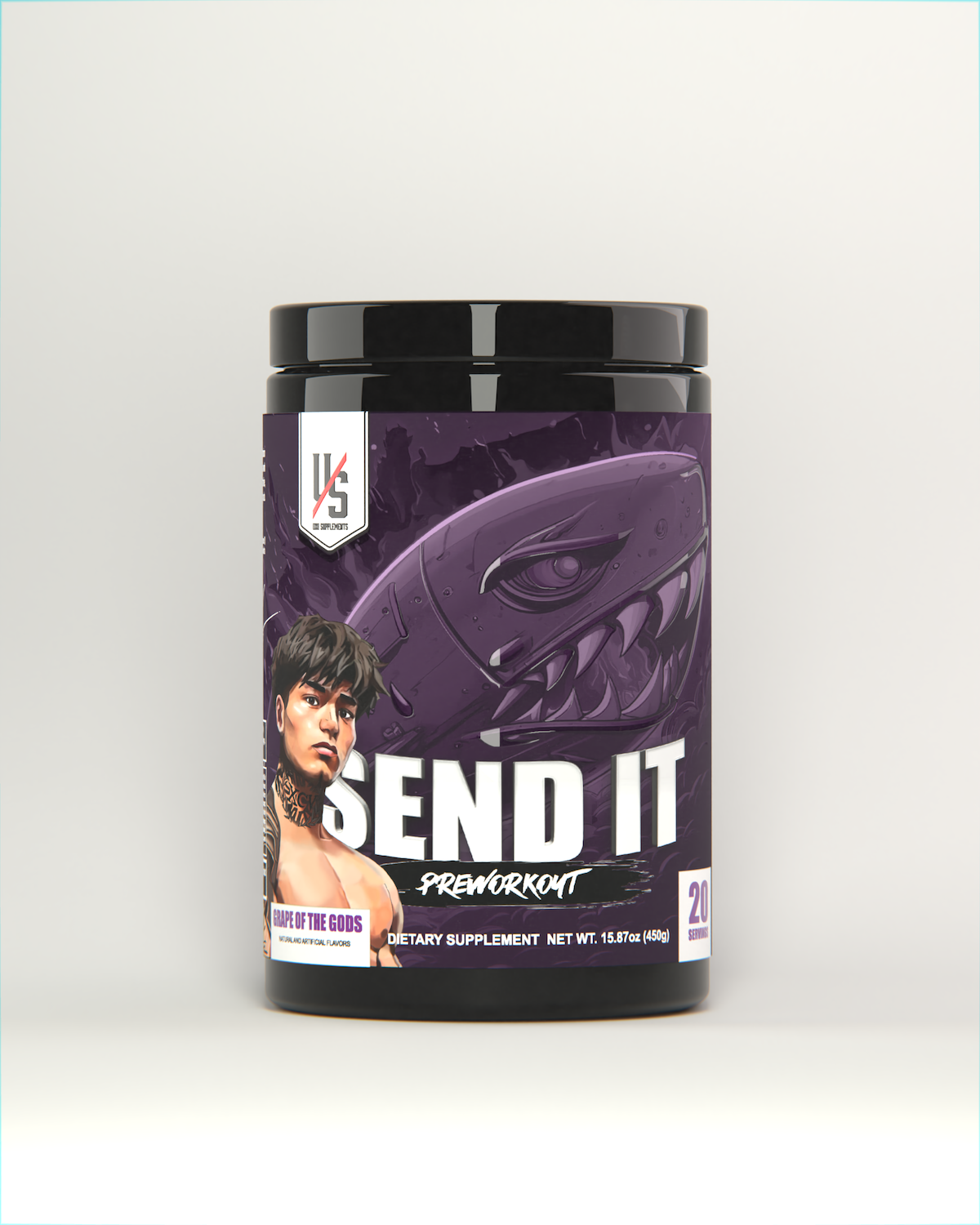
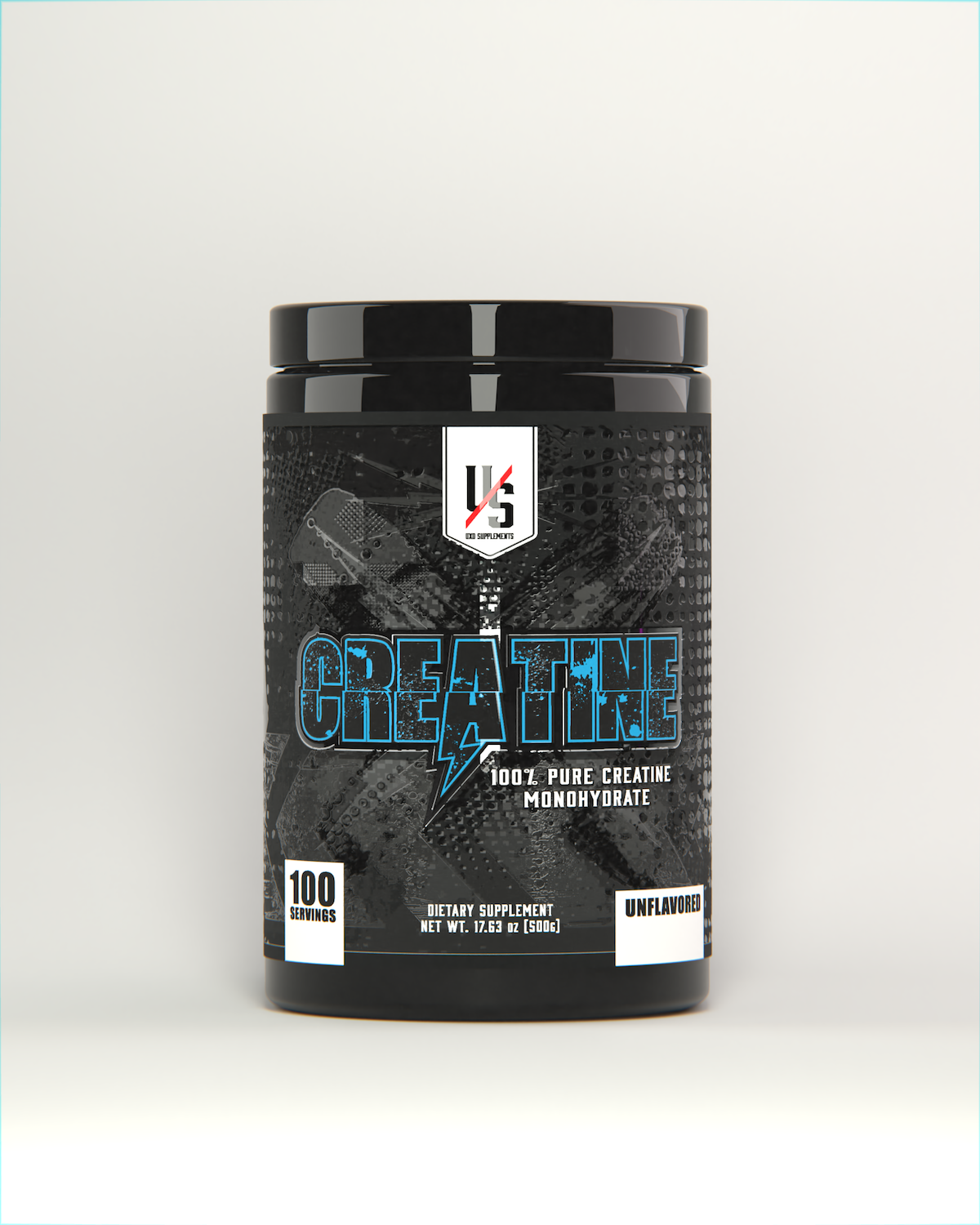
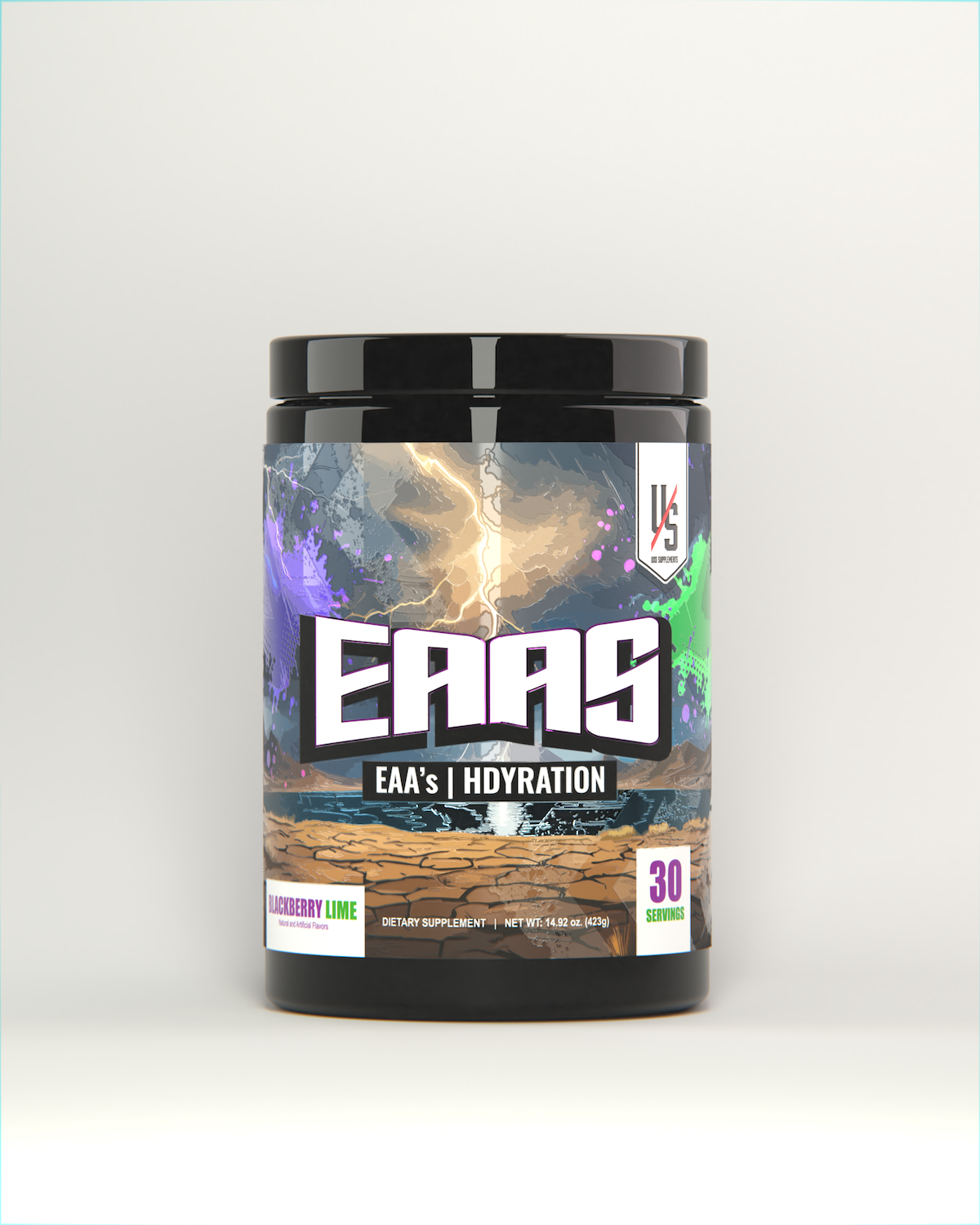
Leave a comment
All comments are moderated before being published.
This site is protected by hCaptcha and the hCaptcha Privacy Policy and Terms of Service apply.